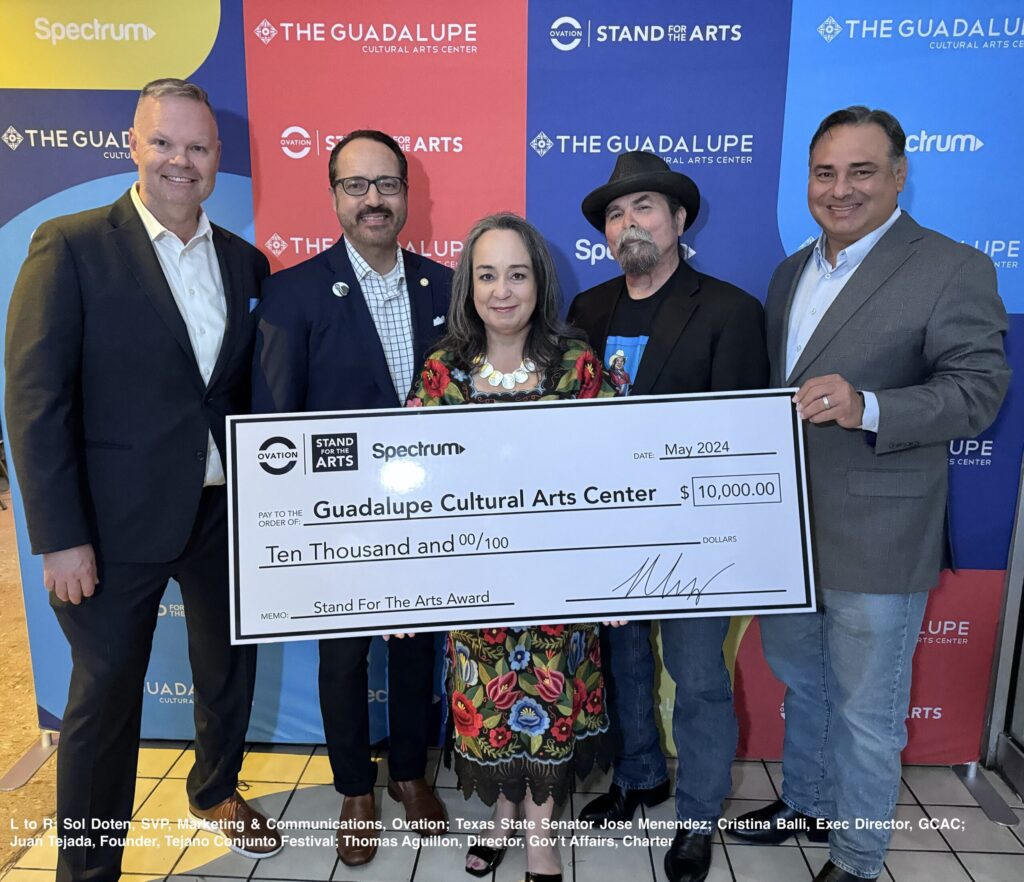The average cost of automaker incentives was $2,801 per vehicle sold in September, representing an 18% increase, $444 higher than the average cost in September 2007, according to a report from Edmunds.com.
That figure also indicated a slight month-to-month decline of $1, or .04%, between August and September.
In annual comparisons among the “Big Six” automakers, Chrysler showed the largest increase of the true cost of incentives, rising from $3,713 last September to $4,705 this year. Ford’s average cost rose to $3,696 from $3,101; General Motors’ cost rose to $3,972 from $3,132; Honda hit $1,047 from $1,023; Nissan, $2,376 from $2,031, and Toyota’s incentive cost rose to $1481 from $830.
Between August and September 2008, Chrysler’s and Ford’s cost of incentives both rose slightly, while those costs for GM, Honda, Nissan and Toyota dropped.
On aggregate, the industry’s incentive spending in September fell 15.8% from spending in August, to $2.94 billion. Chrysler, Ford and GM spent $1.98 billion – 66.7% of that total – while Japanese automakers spent $639 million, 21.6% of the total.
“Although up from last year, incentive levels remained flat from August to September despite worsening economic conditions and weak auto sales,” said Jess Toprak, executive director of industry analysis for Edmunds.com, in a release.
High incentive costs of heavily discounted 2008 models are being offset by low incentives for 2009 cars, according to Toprak.
Edmunds.com monthly True Cost of Incentives report considers all automakers’ U.S. incentive programs, including subvented interest rates and lease programs, and cash rebates to consumers and car dealers. The automotive consumer information Web site bases its calculations on sales volume, as well as on the proportion of vehicles for which each type of incentive was applied.
 Network
Network

